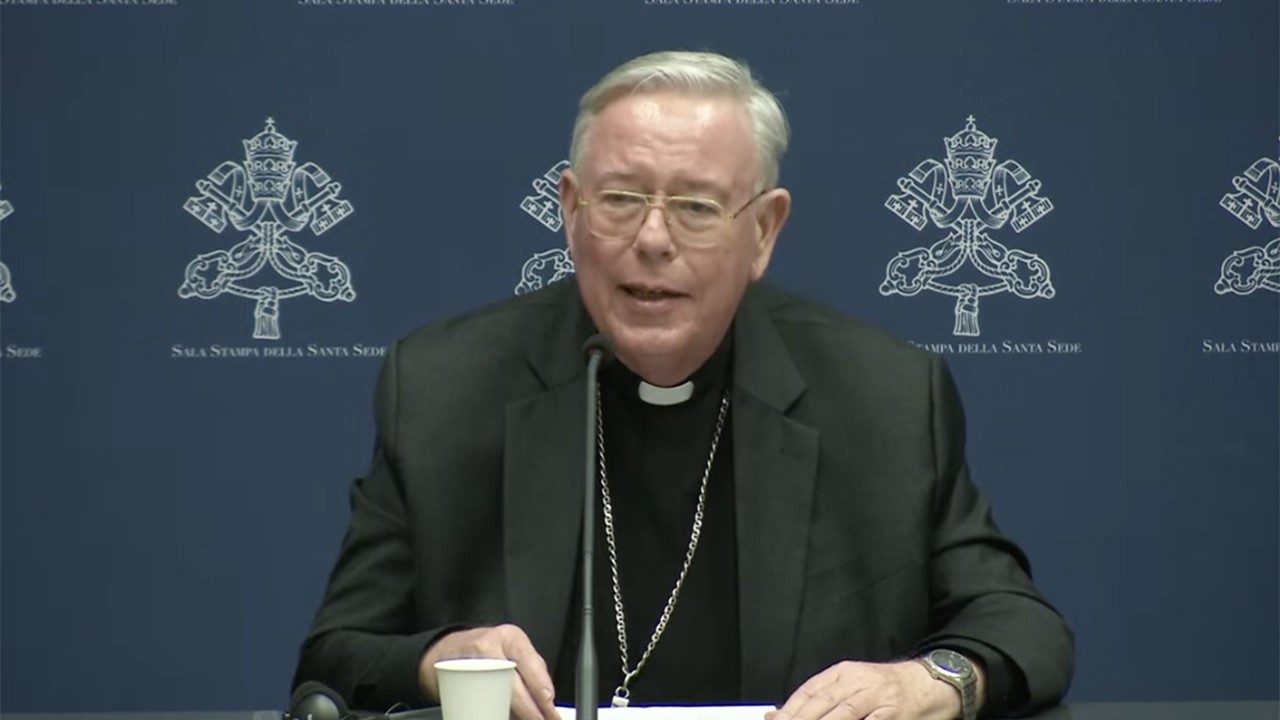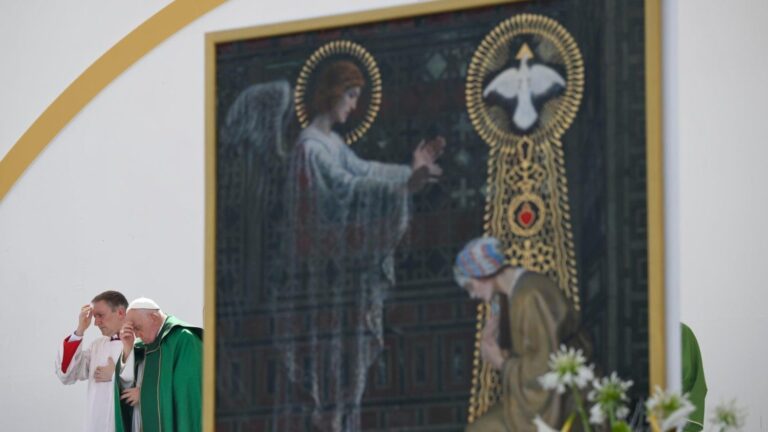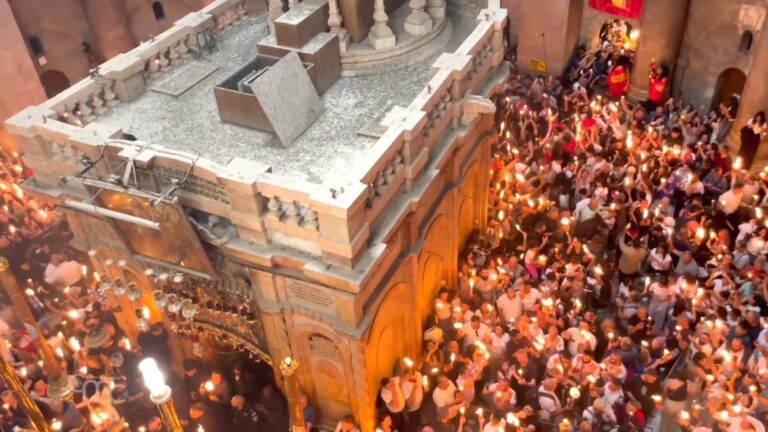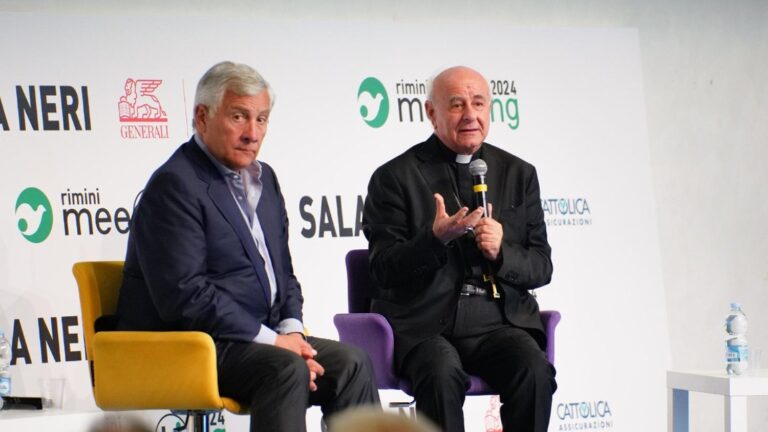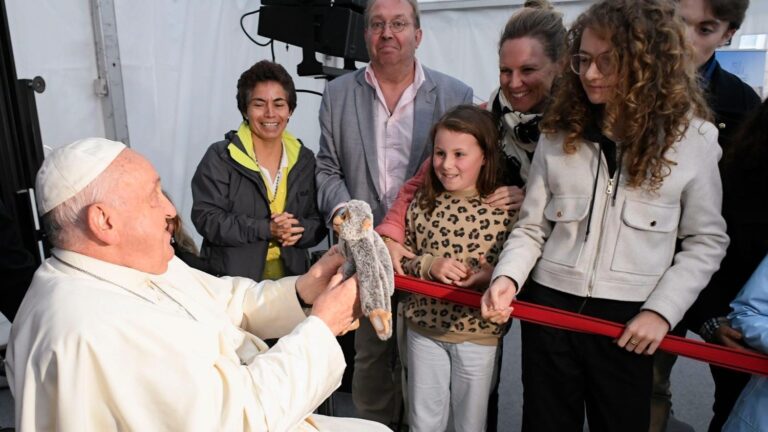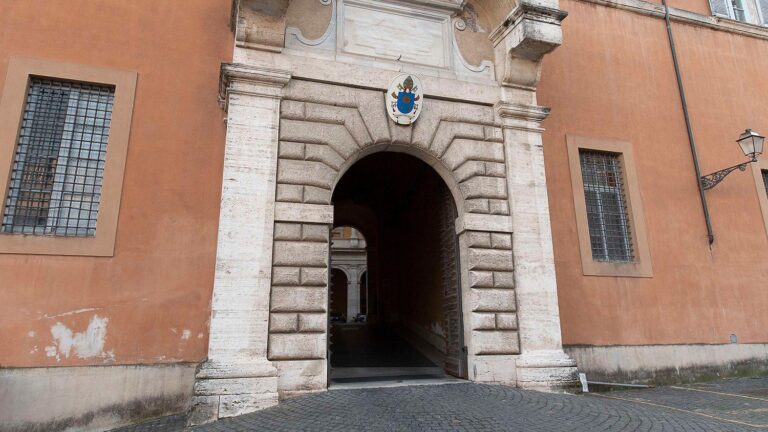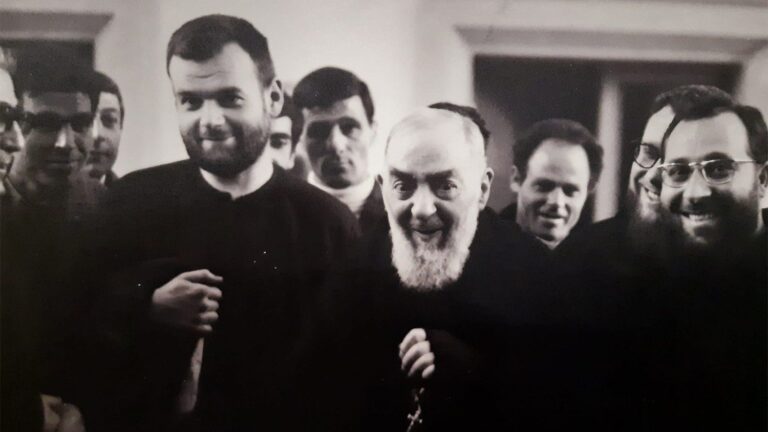Cardinal Hollerich: Restarting from the first fruits of synodality
Vatican news
The Synod's general rapporteur delves into some of the themes of the Synod's new working document in an interview with Vatican News.
By Jean-Charles Putzolu
At the press conference for the Instrumentum laboris At the second session of the Synod on Synodality, it was difficult to miss the presentation by Jesuit Cardinal Jean-Claude Hollerich.
Vatican News asked the Luxembourg prelate, who is general rapporteur of the XVI Ordinary General Assembly of the Synod of Bishops, to delve deeper into some of the themes of the document – from ecclesiology to the co-responsibility of lay men and women, to the evangelizing mission of the Church and our common journey, based on a shared baptism, with other Churches and Christian communities.
Q: Your Eminence, where do I start? How did the Instrumentum laborispresented today, built in relation to previous documents such as the summary report and the Instrumentum laboris of the first session?
The working document was not written from scratch. We have the summary report of the first session, and then we have the reactions again from all the churches. It is a theological reflection on what was said in the first session. All of this constitutes the Instrumentum laboriswhich is a working tool, and not the result of the Synod. At the beginning of the Synod, the members have their ideas, and the working tool is designed to stimulate the necessary debates during the synodal session.
Q: What topics will these debates cover?
The theme of ecclesiology is how to be a synodal Church, but on mission. This is important: we are on mission, the Church, the people of the baptized, has been sent by God to proclaim the Gospel to the world. And this is our task. We have discovered, not only we, the delegates to the Synod, but all the people of God who have lived elements of synodality in different ways in the last three years, that there are fruits of synodality and that these fruits are for the mission.
Q: For the mission, the Church needs lay people, men and women. There is much talk about responsibility, about the valorization of lay people. What can we expect from this point?
Yes, certainly. The Church is not a clerical Church, it is a Church of the baptized. Women and men, all are called by God to proclaim the Gospel and to form the Church. There is therefore a participation of all and a co-responsibility in the proclamation of the Gospel. This does not mean that the ordained ministries, the bishops, the priests are abandoned, but they find their full meaning in a synodal Church.
Q: To what extent can lay men and women be given responsibilities within the Church?
For the laity, there is no difference in the Church regarding participation and co-responsibility between men and women. Everything is open to women and men. We have already seen this when the Pope opened to women the lay ministries of acolyte and lector, and then in the new ministry of catechist, there is equality between women and men.
The Synod does not address the issue of the priestly ordination of women because it has not been raised by the whole world. Some local Churches have raised the issue of the diaconate of women, and there is a commission to deepen theological reflection on this point – to better understand what the diaconate is, which is a participation in an ordained ministry but not a priestly one, but one of service.
The second question, after this reflection, would be whether this ordained ministry can be opened to women. But this is part of a process, and we must not think that all processes end with this session of the Synod. The Church will advance in a synodal way, the people of God will go through history in a synodal way. And there will be questions that will have to be answered.
Q: Does walking together synodally also mean doing so with sister Churches?
This is clear, because if we are the people of God and we are the people of the baptized, we also have baptism in other Churches and Christian communities, and we respect this baptism and these Churches, and we love them. And we see that in these Churches too, the Holy Spirit is at work.
This is why this task of evangelizing the world is a common task for all the Churches. We must proclaim the Gospel to the world together, in our diversity. And I believe that the fraternal delegates of the other Christian confessions have also been very open to this Synod. For their part, there is a greater demand for participation, which means that they too feel involved.
The above interview is a transcript of a longer interview conducted in Italian. The shorter interview in English, the recording of which is embedded at the beginning of the article, is not transcribed here.
Vatican news
sc
